A Reckoning for Indian Democracy From “Yatra Naryastu Pujyante” to “Entry Denied”—has India traded its soul for diplomacy?
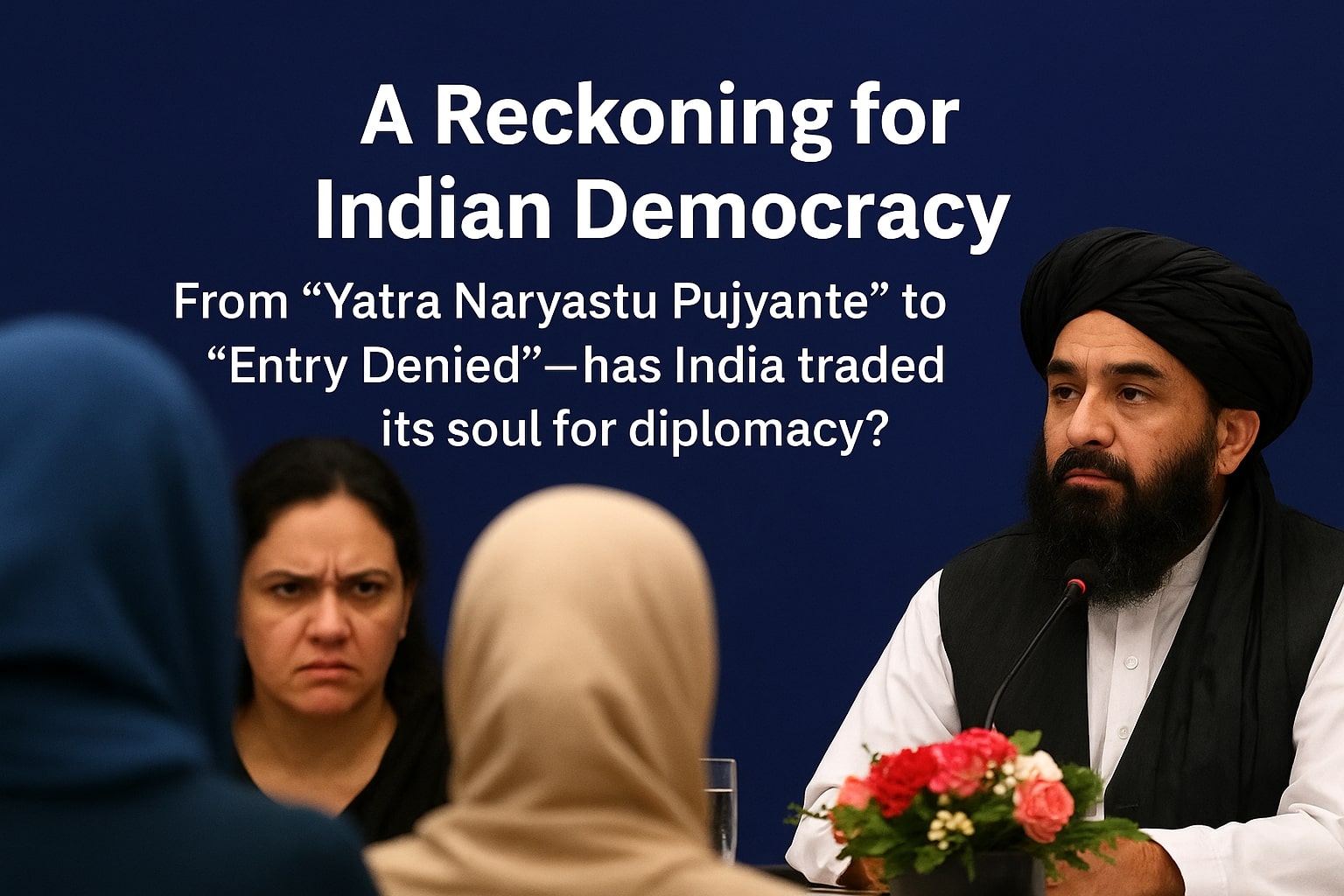
On October 10, 2025, a press conference held in New Delhi by Taliban Foreign Minister Amir Khan Muttaqi sent shockwaves across India—not for what was said, but for who was excluded. Female journalists were barred from attending. In the heart of the world's largest democracy, a foreign dignitary enforced gender apartheid, and the Indian government’s public relations machinery remained silent.
This was not Kabul. This was not Kandahar. This was Bharat—the land where Durga is worshipped in every home, where Saraswati presides over learning, and where Lakshmi symbolizes prosperity. The exclusion of women from a public forum on Indian soil is not just a diplomatic oversight—it is a civilizational betrayal.
India has long prided itself on its cultural hospitality. But hospitality does not mean surrender. When a guest violates the host’s values, silence becomes complicity. The question is not whether India should engage with Afghanistan. The question is: At what cost?
Compare this to 2001, when a foreign woman was arrested during Kumbh Mela for bathing unclothed in the Ganga. She argued that Naga sadhus do the same. But the state upheld its cultural boundaries and deported her. Or recall when cricketer Harbhajan Singh was fined in Australia for a minor dress code violation—because he was expected to respect their norms.
So why, in 2025, does India bend its own principles for a regime that openly suppresses women?
The government claims it had “no role” in the exclusion. But this is not just about protocol—it’s about pride. India’s civilizational ethos is built on the reverence of the feminine. To allow a foreign minister to insult that ethos, unchallenged, is to signal that business and diplomacy now outweigh dignity and dharma.
This incident comes at a time when the government promises a “Viksit Bharat” by 2047. Education, infrastructure, governance—all answers, it seems, are deferred to that distant date. But if India cannot defend its women today, what kind of development is it envisioning?
In Japan, no guest can override the law or cultural norms. In India, it appears, anything is possible—so long as the answer is postponed to 2047.
Is “Viksit Bharat” a future where business trumps civilization, and 2047 becomes the expiry date for accountability?
India must decide: Will it be a marketplace or a moral compass? A nation of transactions or a civilization of values? The exclusion of women from a press conference is not a minor diplomatic hiccup—it is a mirror. And what we see in it will define who we become.
When Silence Becomes Complicity
When a guest violates the host’s values, silence is no longer hospitality—it’s surrender.
India’s foreign policy is often presented as “strategic autonomy” — the power to make independent choices. But recent events suggest that autonomy is under strain, pushed and pulled by hard economic levers and uncomfortable diplomatic realities. Washington’s steep tariffs this year — measures that threaten a large slice of India’s merchandise exports to the U.S. — have forced New Delhi to weigh economic damage against geopolitical preference, shrinking the room for unconstrained diplomacy.
Energy choices exemplify the dilemma. New Delhi’s pragmatic decision to buy discounted Russian crude after 2022 helped stabilise domestic fuel prices and refinery margins. But those purchases have become a foreign-policy flashpoint: they prompted punitive tariff measures from a key partner and intensified pressure on India to choose between affordable energy and friction-free trade ties. India remained a major buyer of Russian seaborne oil through 2024–25, and refiners continued to increase purchases even as talks with Washington slogged on. The economic benefit is real but limited, and the political cost is now visible in greater diplomatic strain.
The diplomatic tightrope is visible elsewhere. New Delhi’s recent high-level contacts with Kabul — moves to restore a fuller diplomatic presence and receive Afghan officials — show India prioritising practical engagement in its neighbourhood even as many Western capitals keep a cautious distance because of the Taliban’s human-rights record. That record, especially the systematic rollback of women’s rights, is stark and well-documented; the Taliban’s restrictions on education, work and public life for women remain a moral and strategic concern for democracies. New Delhi’s choice to engage Kabul reflects a calculation: developmental ties and regional stability sometimes trump immediate human-rights signalling.
This is not caprice; it is compulsion. A country that must secure energy, maintain supply chains, and protect export markets cannot afford pure principle at every turn. Analysts warn that India’s foreign policy now oscillates between courting the U.S., deepening ties with Russia, and remaining open to China and regional actors — a posture that satisfies few partners completely and leaves policy makers reacting to external pressures as much as shaping them.
The consequences are tangible. When geoeconomic penalties bite, the bargaining power of diplomats narrows: trade retaliation becomes leverage; market access becomes an instrument of foreign policy pressure. At home, political rhetoric — slogans about making up for “what was not done” in past decades, or grand plans for 2047 — can paper over these constraints but cannot remove them. Citizens feel the disconnect when strategic choices are justified in conference halls while factories slow orders and exporters count tariff losses.
If New Delhi is to reclaim genuine freedom of action, the answer lies less in rhetoric and more in capability building: diversify export markets, reduce energy vulnerability, boost domestic manufacturing competitiveness, and strengthen multilateral economic ties so that trade coercion has smaller bite. Until those structural fixes are in place, India’s foreign policy will remain as much a response to compulsion as an articulation of national will — a series of negotiated compromises in a world where power increasingly speaks through wallets and tariffs, not only through diplomacy and ideals.
Temperament of a Republic, Test of a Soul
When diplomacy forgets dignity, development becomes delusion.
India today stands at a civilizational crossroads—between strategic autonomy and strategic submission. The exclusion of women journalists from the Taliban Foreign Minister’s press conference at the Afghan Embassy in New Delhi was not just a breach of protocol; it was a moral collapse. A nation that once chanted “Yatra Naryastu Pujyante Ramante Tatra Devata” now rationalizes insult in the name of engagement.
Yes, foreign policy compulsions—energy security, trade dependencies, tariff pressures—are real. But a democracy’s strength is not measured by convenience. It is tested by its courage to uphold values under pressure. When India bends its principles to appease regimes that suppress women, it signals to the world that its moral compass is negotiable.
“Viksit Bharat 2047” cannot be built on deferred ethics. If development means GDP graphs without gender dignity, then it is not progress—it is betrayal.
India must re-anchor diplomacy in dignity. Engagement with adversaries must not come at the expense of identity. A confident republic must be able to trade with the world without trading its soul.
The real test of Viksit Bharat will be whether India can still look in the mirror—and recognize the civilization it once vowed never to betray.
Hospitality Without Dignity Is National Surrender
Dr. B.R. Gupta, former representative of the Press Council of India and senior editor of the Dainik Bhaskar Group, has issued a clarion call to all media professionals: boycott the Taliban press conference held in New Delhi. His words are not just a protest—they are a warning.
India has hosted countless foreign delegations with grace and protocol. But never before has a guest imposed such discriminatory conditions—barring women journalists from attending. Gupta questions why the Government of India’s PRO remained silent. At the very least, he argues, the officials should have asserted that India is a nation where women are honored, not excluded.
He warns that this culture of “relaxed hospitality” is dangerous. It sets a precedent where guests feel entitled to override Indian values. “Before this,” he says, “we spun on swings and hugged tightly. Now it’s time to set narratives, not surrender them.”
Gupta reminds us that in Uttar Pradesh, citizens were once arrested for online Taliban sympathies. Today, we’re discussing trade with the same regime. What changed in 11 years of diplomacy? What class of engagement are we adopting?
His message is clear: India must not become a country where guests dictate terms that insult our women and our civilization. If we allow this, future diplomatic relations will be harder to justify, and even harder to defend.
“I have nothing more to say,” he concludes. “Sorry.”
But his silence speaks volumes.
From Gandhi to Surrender: A Nation Off Course
Prof. M.P. Singh, former Dean of Law at Banaras Hindu University, has delivered a searing indictment of India’s current diplomatic posture. “India has shown it has no foreign policy,” he declares, “only clerical obedience.” His words cut deep—not just into policy, but into the soul of the republic.
He laments that the country, once a beacon of vision and moral leadership, now bows before regimes that deny women basic dignity. “In 1952, when Europe and Canada hadn’t granted voting rights to women, India had already enshrined fraternity and equality,” he reminds us. That legacy is now tarnished.
The recent press conference by the Taliban minister in New Delhi—where female journalists were barred—epitomizes this decline. Prof. Singh sees it not as an isolated event, but as a symptom of a deeper rot: a government led by fear, not principle; by transactional diplomacy, not civilizational clarity.
He invokes Gandhi, non-violence, and the Non-Aligned Movement—not as nostalgia, but as a moral compass. “We did not fight the British to surrender before fundamentalists,” he says. “We fought for equality—for all.”
What pains him most is the silence. Even male journalists, he notes, expressed their discontent humbly. But the system did not respond. “At 81, I did not expect this,” he confesses. “Our ethical consciousness has been smeared.”
India’s foreign policy must not become a clerical file—it must be a moral flame. …
(Note - Photo is AI generated)

 1 month, 3 weeks ago
1 month, 3 weeks ago
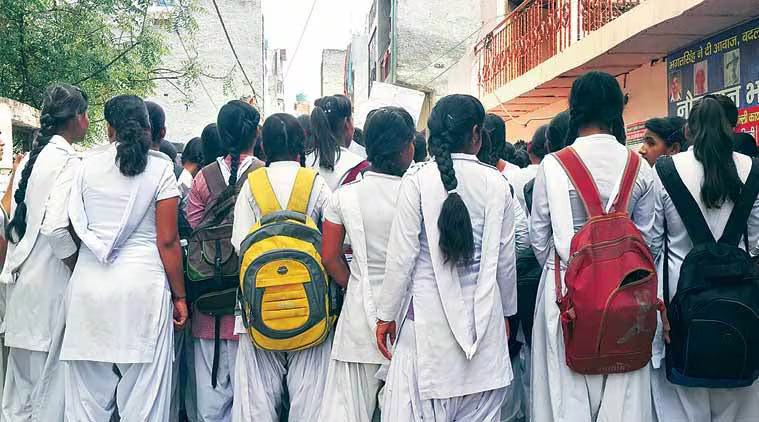
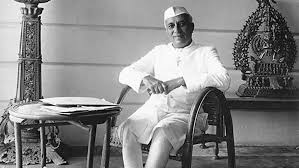
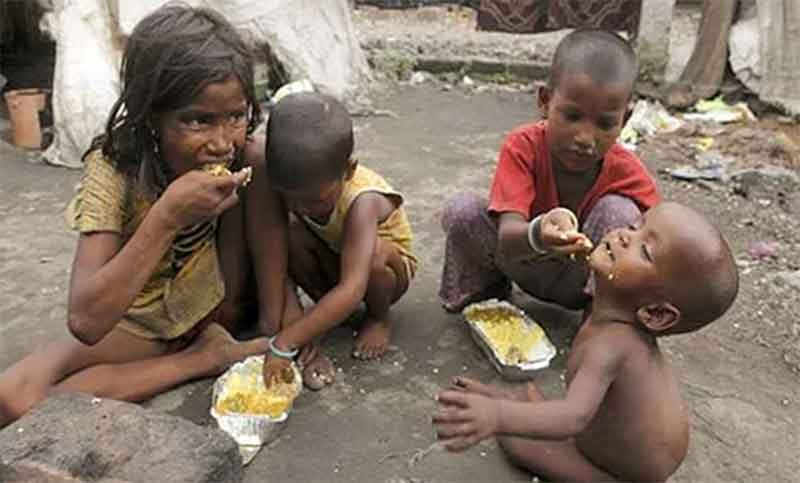
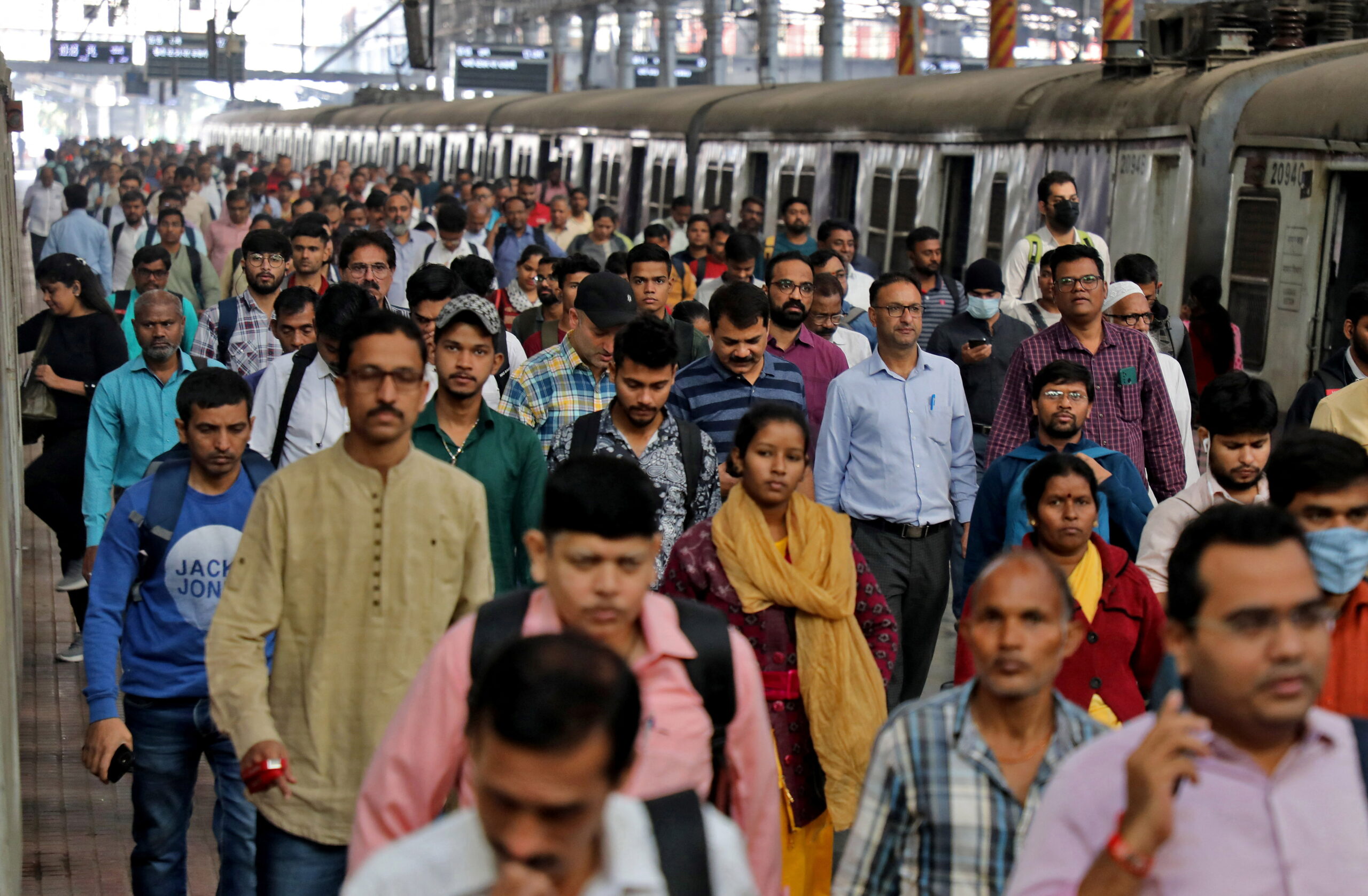

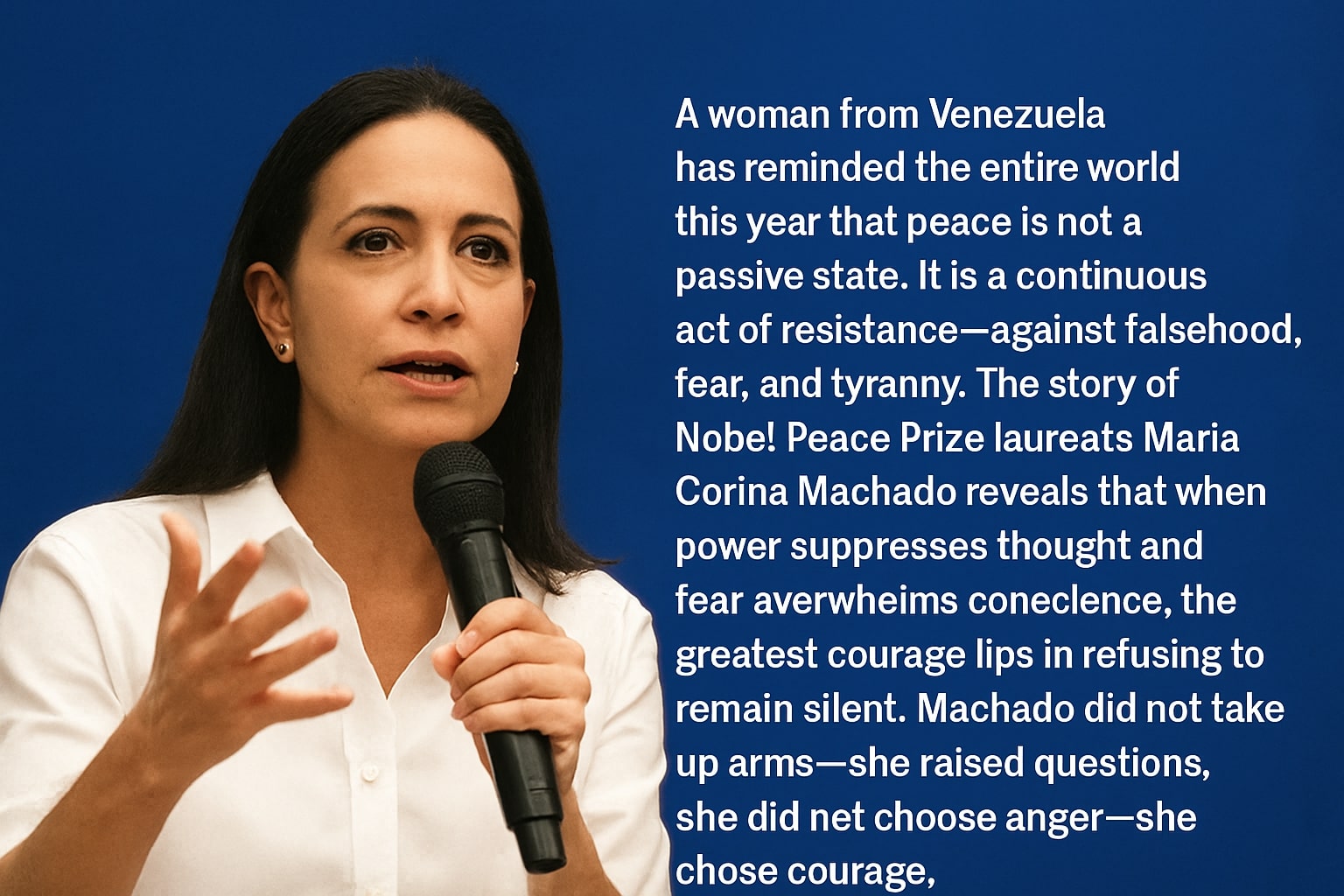

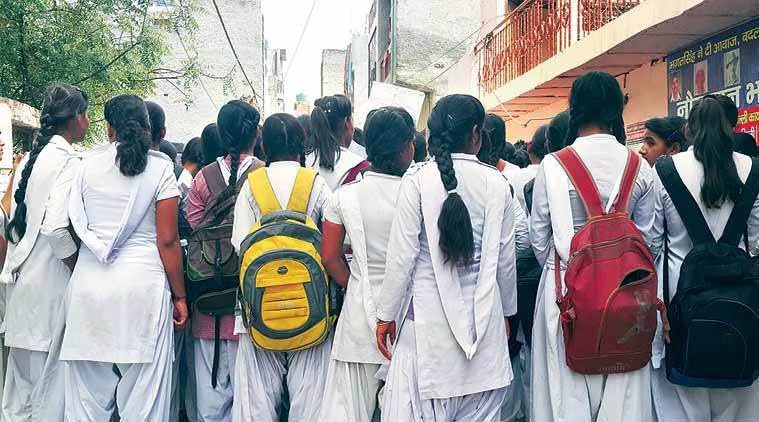

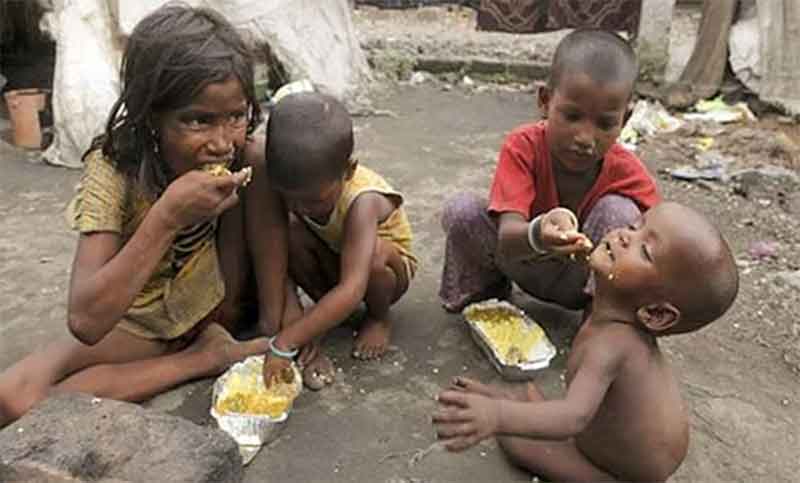
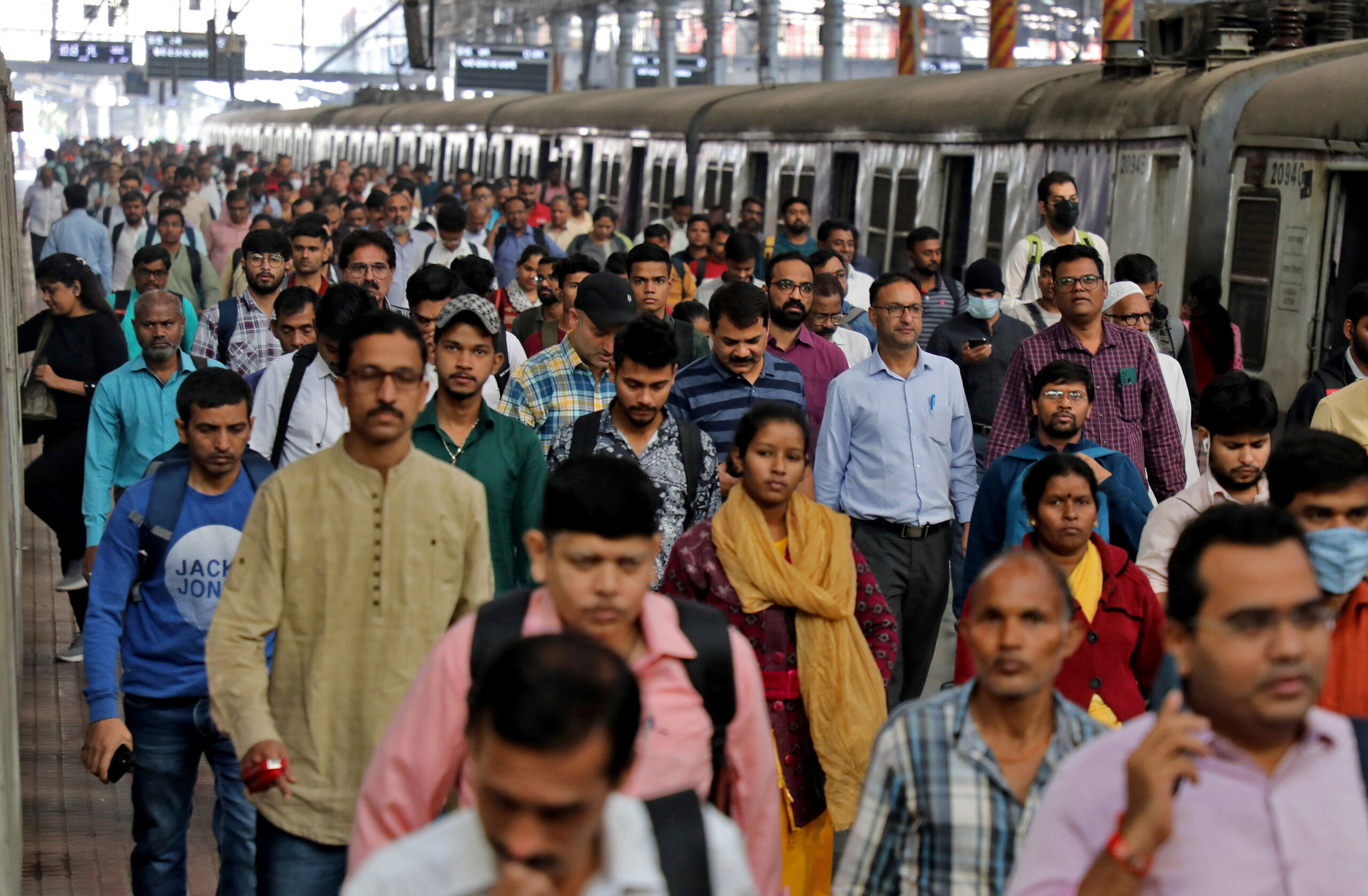
[[comment.comment_text]]